12V, 24V, and 48V: Which Voltage Is Best for Your Solar Power System?
Over the last guide, we know how many components we need in a solar power system.
Now let’s dive into the solar power system, to see how many different options there are in solar energy systems.
Understanding Your Energy Needs and Loads
Before diving deep into voltage, it's important to get clear on your energy needs. The power demands of your gear - like appliances, devices, etc - hugely impact how your solar setup is designed and sized.
When it comes to batteries, the voltage plays a major part in determining how much juice it can store. You calculate a battery's energy storage using this formula:

Let's compare these batteries head to head, we've got three batteries with the same amp-hour rating of 200Ah, but different voltages of 12V, 24V, and 48V.

As you can see, the higher voltage batteries store more energy even with the same Ah capacity. This means that for a similar load, the 200Ah 48V battery will provide backup power the longest compared to the others.
Let's geek out on system efficiency for a sec. As the formula P = VI (Power = Voltage × Current) tells us, higher voltage allows the same power to flow with less current. Less current means lower resistance losses as the power travels through your wires and components.

To really drive this home, let’s assume your total energy demand of 5000W, we can calculate the currents for each system using the formula.

You can see how slashing current like that leads to better performance and less wasted energy, the 48V setup is the efficiency champion in this scenario, understanding these principles will help you optimize your system for maximum power and lower cost.
Which Voltage You Should Choose
Higher voltage does boost efficiency by reducing power losses as current flows through your system. But selecting the optimal voltage involves balancing many factors - you have to consider the big picture.
The relationship between voltage and performance can seem complicated, but let us break it down simply.
For energy needs under 1,500 watts:
A 12-volt configuration is typically sufficient and affordable. Ideal for RVs, boats and EVs where demands are lower.
1,500 to 5,000 watts:
A 24-volt setup provides better performance and efficiency for medium loads systems with moderate power requirements.
Over 5,000 watts:
48 volts is most cost-effective and space-efficient for large residential or commercial/industrial systems with higher power needs.






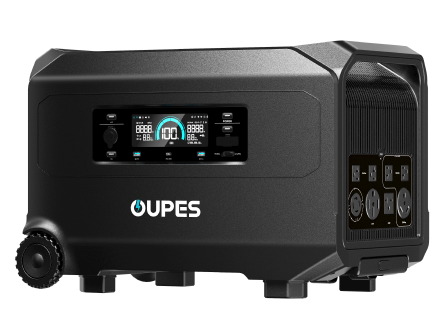



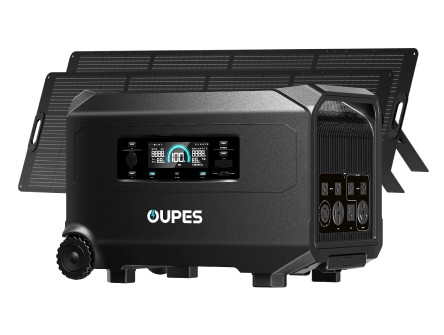

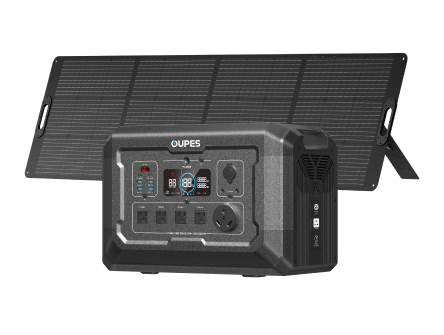

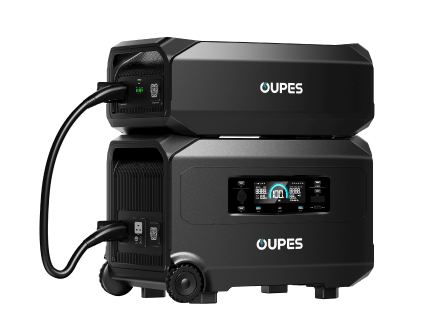
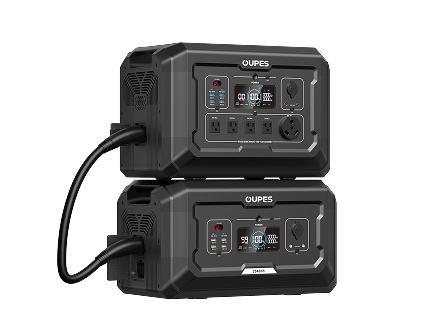
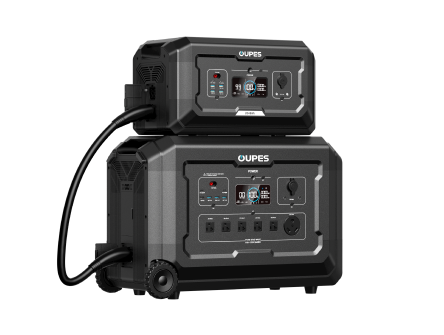
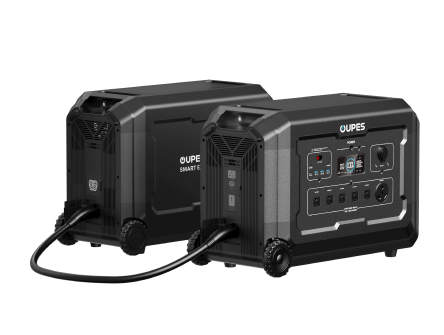




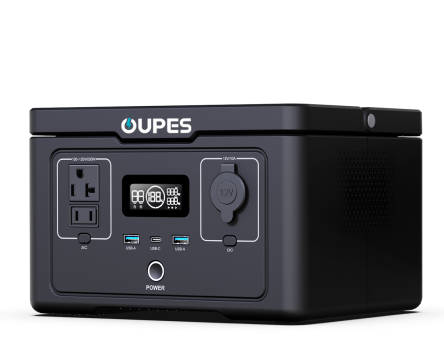



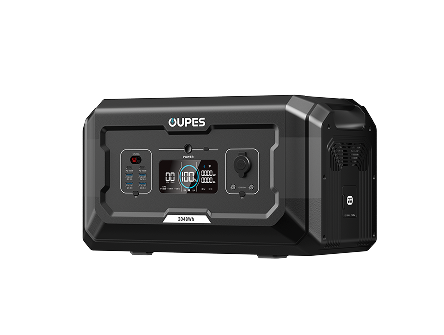
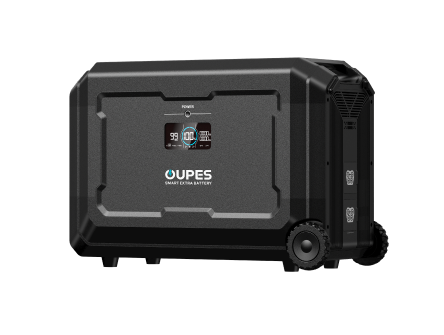
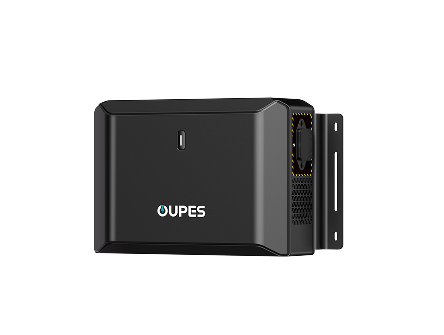
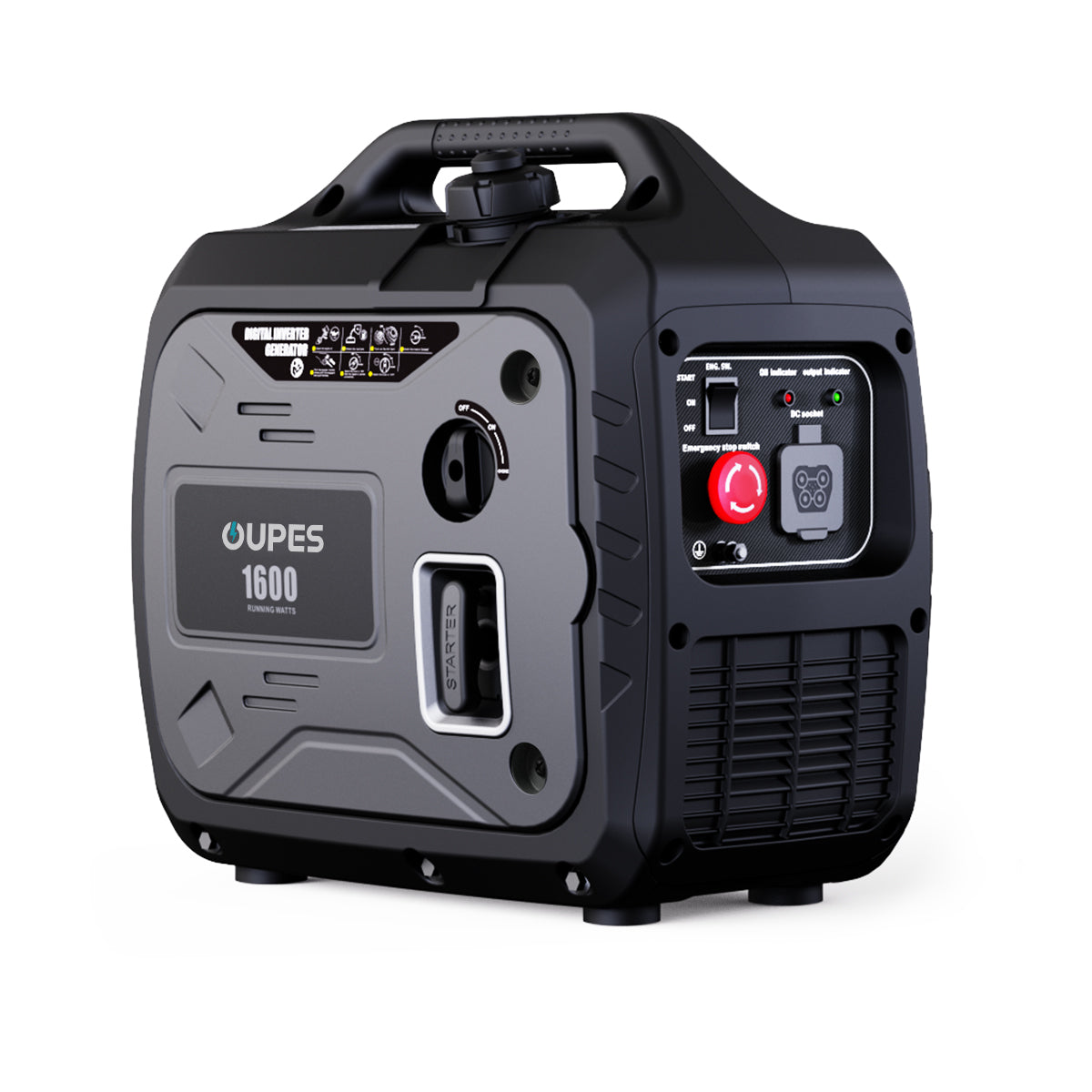





































Leave a comment
This site is protected by hCaptcha and the hCaptcha Privacy Policy and Terms of Service apply.